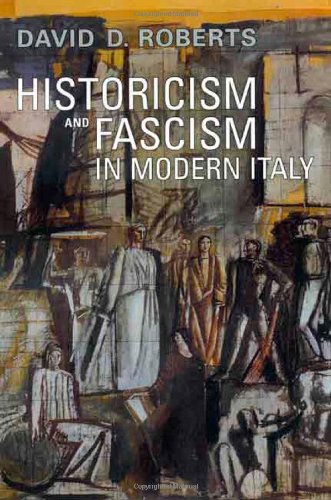

Most ebook files are in PDF format, so you can easily read them using various software such as Foxit Reader or directly on the Google Chrome browser.
Some ebook files are released by publishers in other formats such as .awz, .mobi, .epub, .fb2, etc. You may need to install specific software to read these formats on mobile/PC, such as Calibre.
Please read the tutorial at this link: https://ebookbell.com/faq
We offer FREE conversion to the popular formats you request; however, this may take some time. Therefore, right after payment, please email us, and we will try to provide the service as quickly as possible.
For some exceptional file formats or broken links (if any), please refrain from opening any disputes. Instead, email us first, and we will try to assist within a maximum of 6 hours.
EbookBell Team

4.0
96 reviewsDuring the early decades of the twentieth century, Italy produced distinctive innovations in both the intellectual and political realms. On the one hand, Benedetto Croce (1866-1952) and Giovanni Gentile (1875-1944) spearheaded a radical rethinking of historicism and philosophical idealism that significantly reoriented Italian culture. On the other hand, the period witnessed the first rumblings of fascism. Assuming opposite sides, Gentile became the semi-official philosopher of fascism while Croce argued for a renewed liberalism based on 'absolute' historicism.
In Historicism and Fascism in Modern Italy, David D. Roberts uses the ideological conflict between Croce and Gentile as a basis for a wider discussion of the interplay between politics and ideas in Italy during the early-twentieth century. Roberts examines the connection between fascism and the modern Italian intellectual tradition, arguing that the relationship not only deepens our understanding of fascism and liberalism but also illuminates ongoing dangers and possibilities in the wider Western world. This set of twelve essays by one of the leading scholars in the field represents an authoritative view of the modern Italian intellectual tradition, its relationship with fascism, and its enduring implications for history, politics, and culture in Italy and beyond.